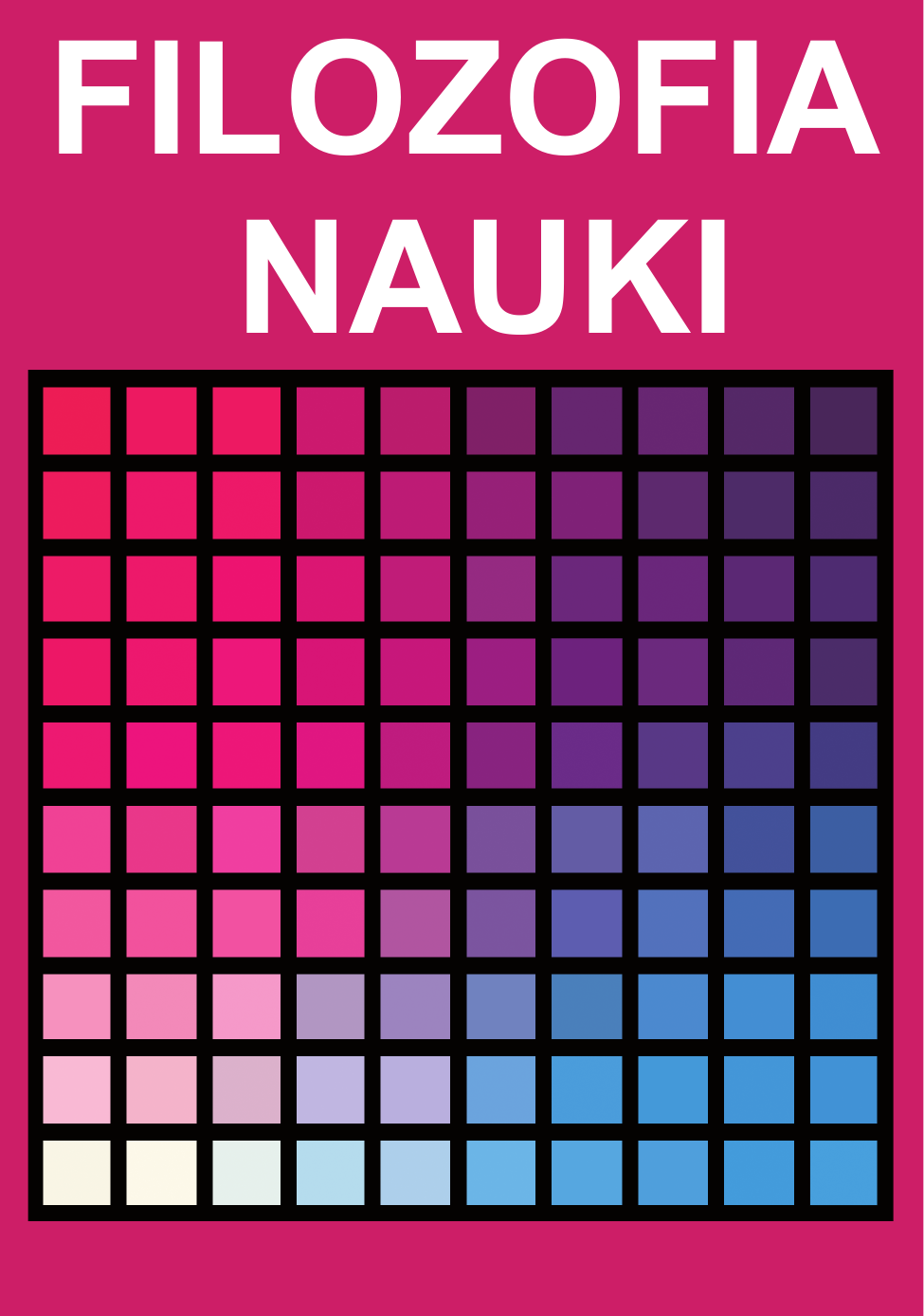Czy język to projekt doskonały? Zasada ekonomii w strukturze języka i założeniach programu minimalistycznego
Słowa kluczowe:
language system; language faculty; systems theory; economy principle; redundancy; optimality; edge-of-chaos theory; Minimalist ProgramAbstrakt
The aim of the paper is to consider the notions of economy, redundancy and optimality, with regard to language structure and its functioning in time and with regard to certain principles of the Universal Grammar. I argue that the notion of optimality needs not to be congruent with economy, and at odds with redundancy. On the contrary, if we hold realistic premises regarding the ontology of language (as Chomsky does) and think of language as a natural system existing in time, then we should expect similar principles of organization in language as in other natural systems (cf. system theories: von Bertalanffy, Laszlo, Kauffman). In that approach, connecting optimality with economy is untenable. That stance is contrary to Chomsky's Minimalist Program, in which economy has become the actual principle of the Universal Grammar. I discusses a major inconsistency in Chomsky's assumptions about the nature of the language faculty and trace its possible origin. Key words: language system; language faculty; systems theory; economy principle; redundancy; optimality; edge-of-chaos theory; Minimalist Program















 Filozofia Nauki | ISSN 1230-6894 | e-ISSN 2657-5868
Filozofia Nauki | ISSN 1230-6894 | e-ISSN 2657-5868